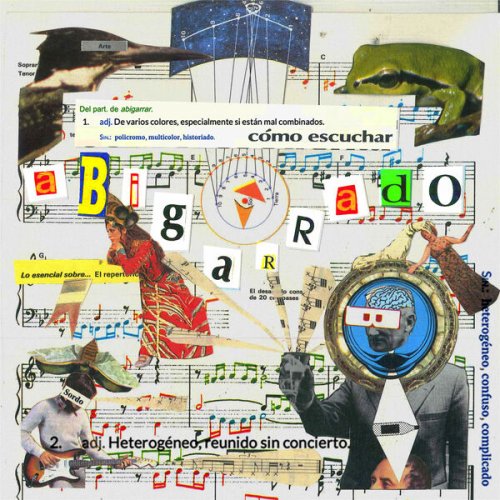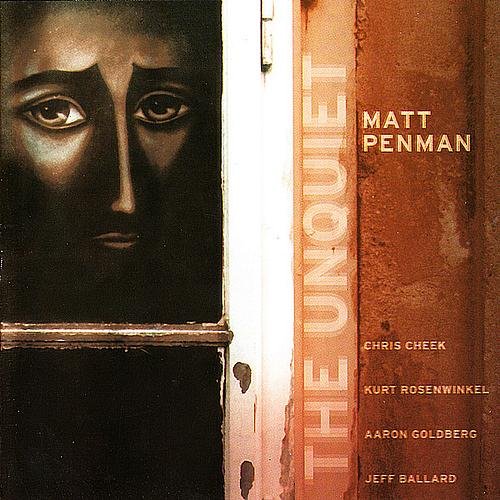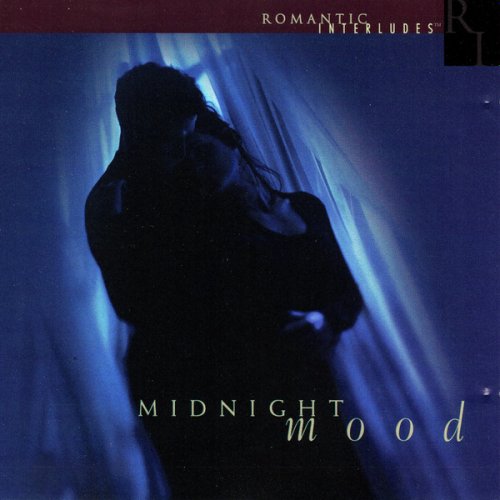Roberta Invernizzi, Marina de Liso, La Risonanza & Fabio Bonizzoni - Haendel: Duetti da Camera (2014)
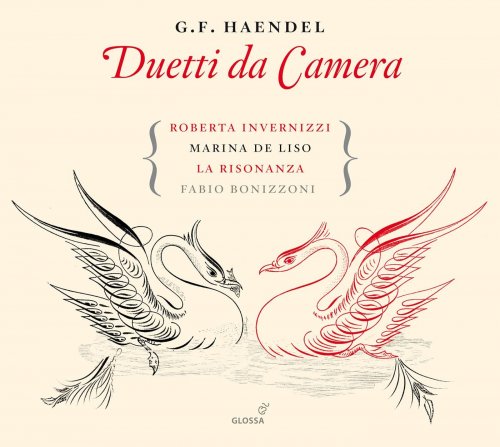
Artist: Roberta Invernizzi, Marina de Liso, La Risonanza, Fabio Bonizzoni
Title: Haendel: Duetti da Camera
Year Of Release: 2014
Label: Glossa
Genre: Classical
Quality: FLAC (image + .cue, log, artwork)
Total Time: 1:04:41
Total Size: 367 MB
WebSite: Album Preview
Tracklist:Title: Haendel: Duetti da Camera
Year Of Release: 2014
Label: Glossa
Genre: Classical
Quality: FLAC (image + .cue, log, artwork)
Total Time: 1:04:41
Total Size: 367 MB
WebSite: Album Preview
01 Sono liete, fortunate (HWV 194)
02 Troppo cruda, troppo fiera (HWV 198)
03 Beato in ver chi può (HWV 181)
04 Tanti strali al sen mi scocchi (HWV 197)
05 Langue, geme, sospira (HWV 188)
06 Conservate, raddoppiate (HWV 185)
07 Se tu non lasci amore (HWV 193)
08 A mirarvi io son intento (HWV 178)
09 No, di voi non vuo’ fidarmi (HWV 190)
10 Fronda leggiera e mobile (HWV 186)
George Frideric Handel’s Duetti da camera from La Risonanza represent a welcome extension of the ensemble’s award-winning series of Handel solo cantatas on Glossa, and come with the luxurious vocal pairing of Roberta Invernizzi and Marina De Liso.
These chamber duets – scored for soprano and alto – were written across a period spanning four decades: first, after Handel’s move to Hanover in 1710, following his remarkable Italian compositional apprenticeship which yielded quantities of cantatas, motets and instrumental chamber works; next in the 1720s, when he was writing Italian operas and music for the Court in London; and lastly when he was composing English oratorios in the 1740s. Such vocal duos had become part of an established tradition, especially in Italy, during the late 17th century.
Soprano Roberta Invernizzi who has, in the last few years, been supplying Italian grace and charm to many Glossa recordings (including the recent La bella più bella) is ideally matched by Marina De Liso, whose rich mezzo tones have made her another firm audience favourite across the Baroque and Classical repertories. Fabio Bonizzoni, with his sure sense of Handel’s expressiveness and melodic facility, provides luxurious continuo support on the harpsichord across these ten chamber duets – originally written for cultured aristocrats but later composed for professional singers, as Carlo Vitali explains in his perceptive booklet essay – with the assistance of cellist Caterina Dell’Agnello and theorbo player Craig Marchitelli.
These chamber duets – scored for soprano and alto – were written across a period spanning four decades: first, after Handel’s move to Hanover in 1710, following his remarkable Italian compositional apprenticeship which yielded quantities of cantatas, motets and instrumental chamber works; next in the 1720s, when he was writing Italian operas and music for the Court in London; and lastly when he was composing English oratorios in the 1740s. Such vocal duos had become part of an established tradition, especially in Italy, during the late 17th century.
Soprano Roberta Invernizzi who has, in the last few years, been supplying Italian grace and charm to many Glossa recordings (including the recent La bella più bella) is ideally matched by Marina De Liso, whose rich mezzo tones have made her another firm audience favourite across the Baroque and Classical repertories. Fabio Bonizzoni, with his sure sense of Handel’s expressiveness and melodic facility, provides luxurious continuo support on the harpsichord across these ten chamber duets – originally written for cultured aristocrats but later composed for professional singers, as Carlo Vitali explains in his perceptive booklet essay – with the assistance of cellist Caterina Dell’Agnello and theorbo player Craig Marchitelli.
Related Release:
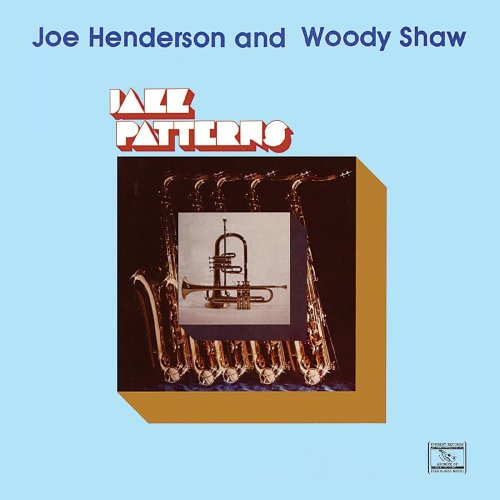

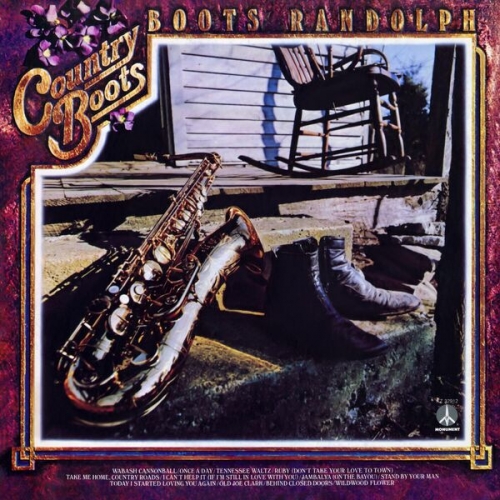
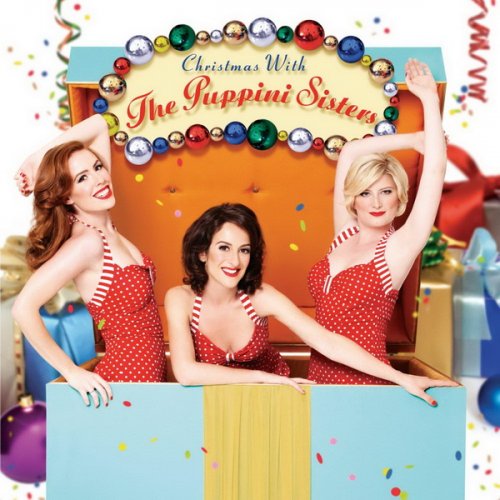
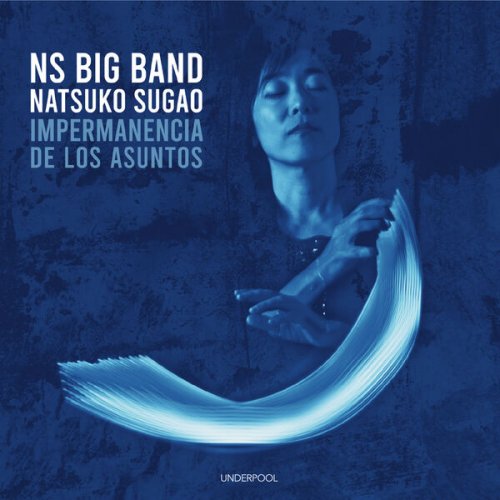
![Lionel Hampton with The Just Jazz All Stars - Lionel Hampton with The Just Jazz All Stars (Live) (Remastered) (2022) [Hi-Res] Lionel Hampton with The Just Jazz All Stars - Lionel Hampton with The Just Jazz All Stars (Live) (Remastered) (2022) [Hi-Res]](https://www.dibpic.com/uploads/posts/2025-12/1766822354_lhjj500.jpg)
